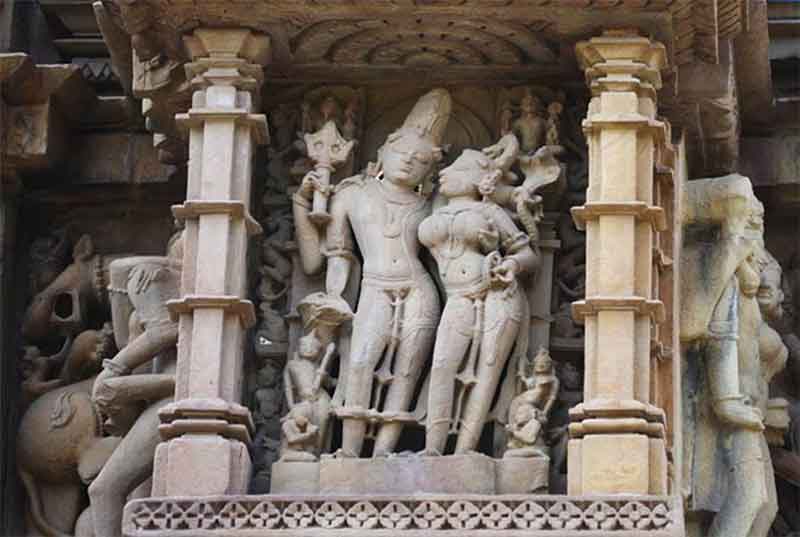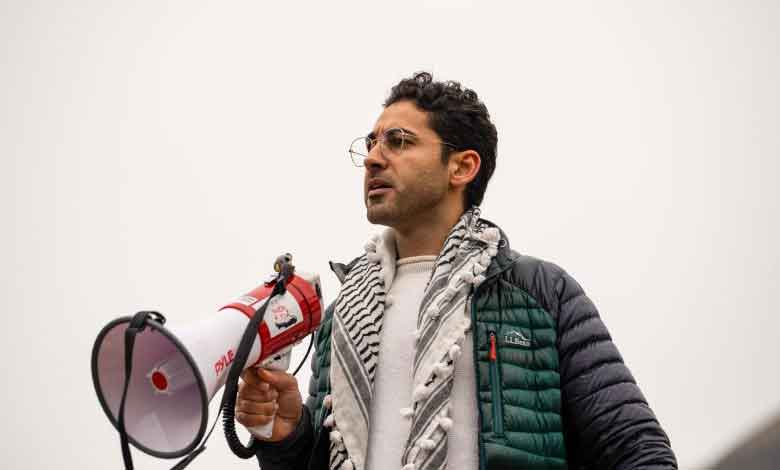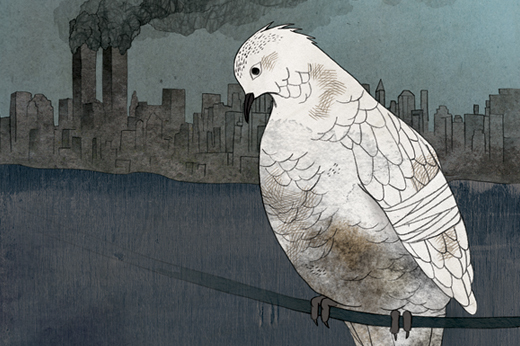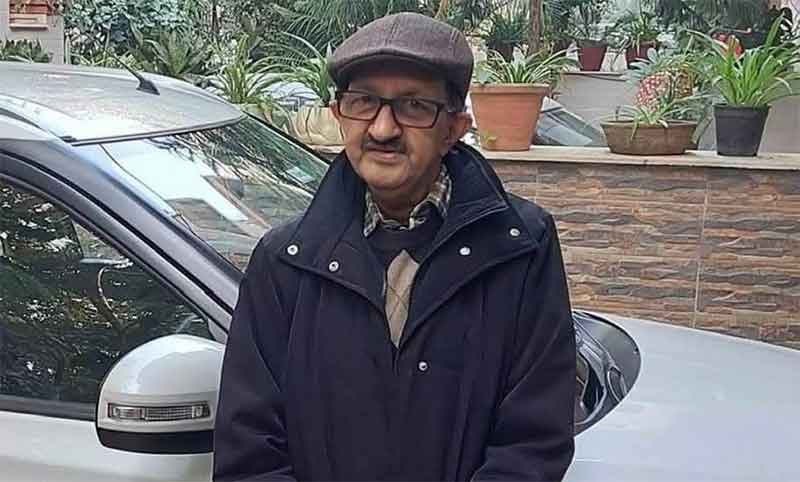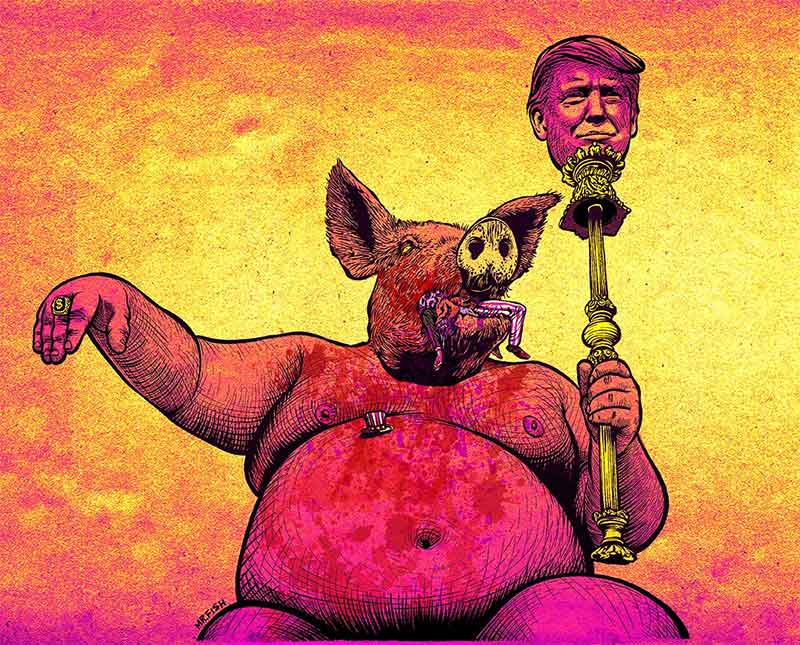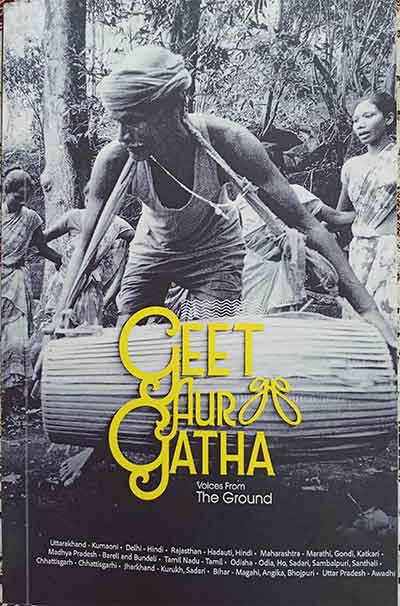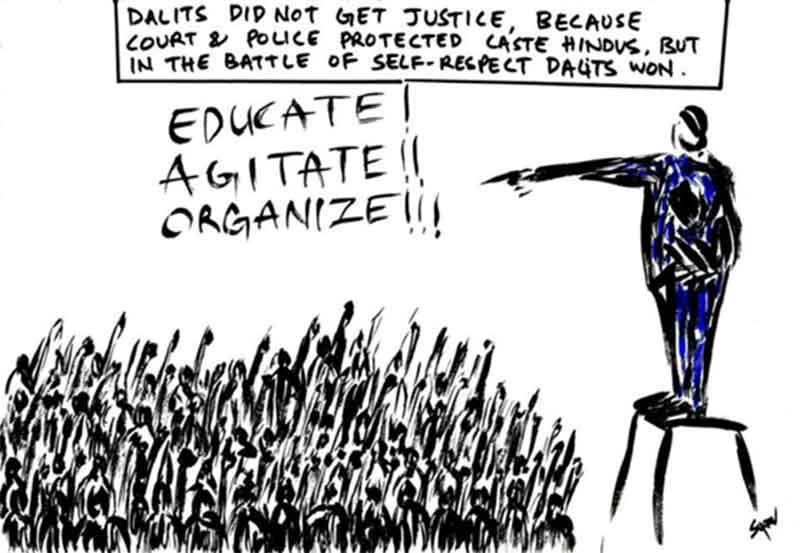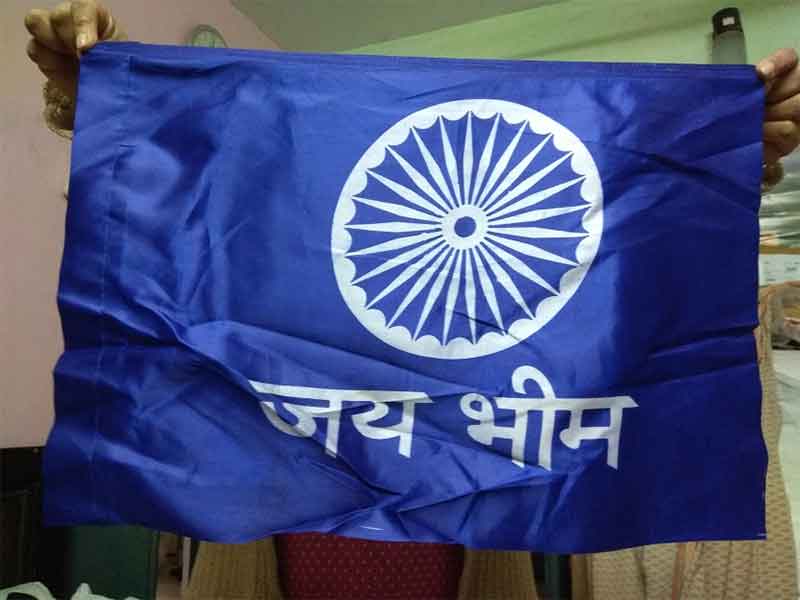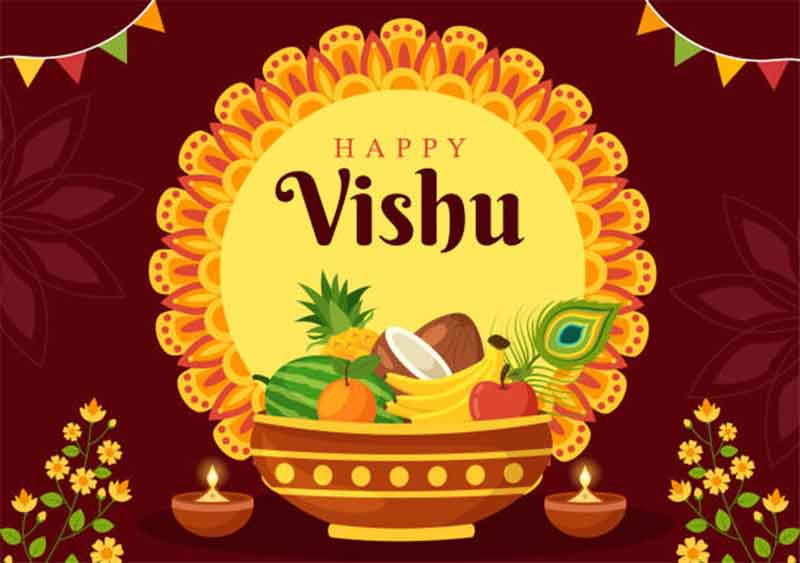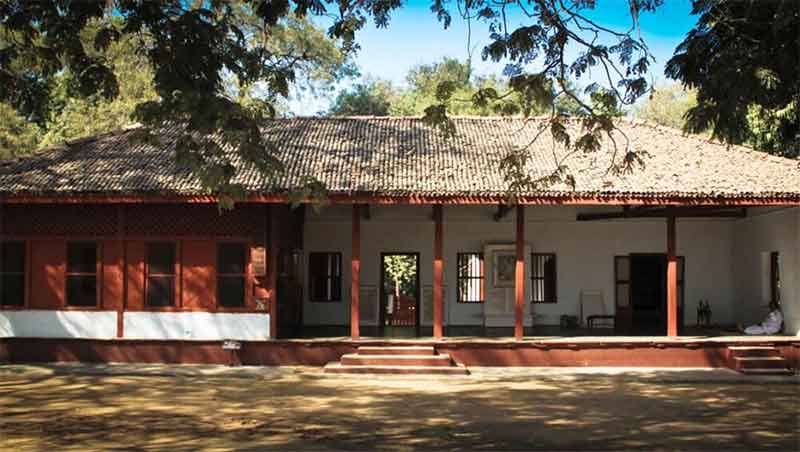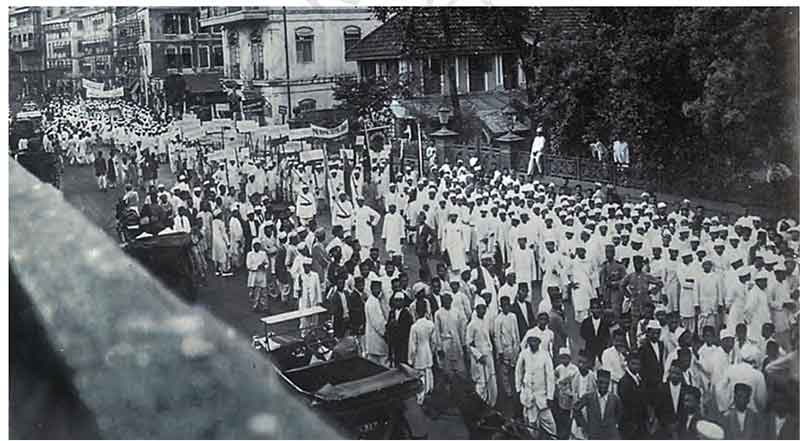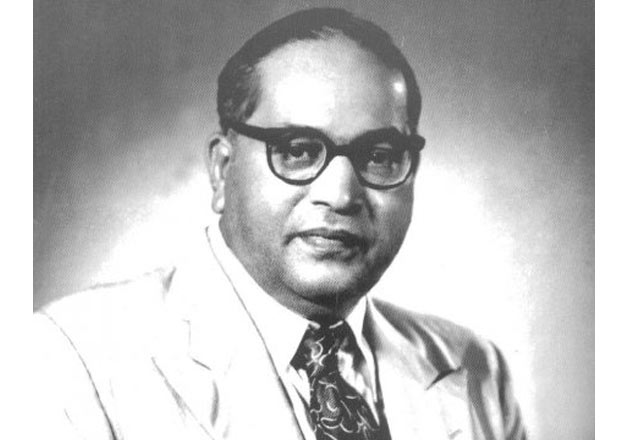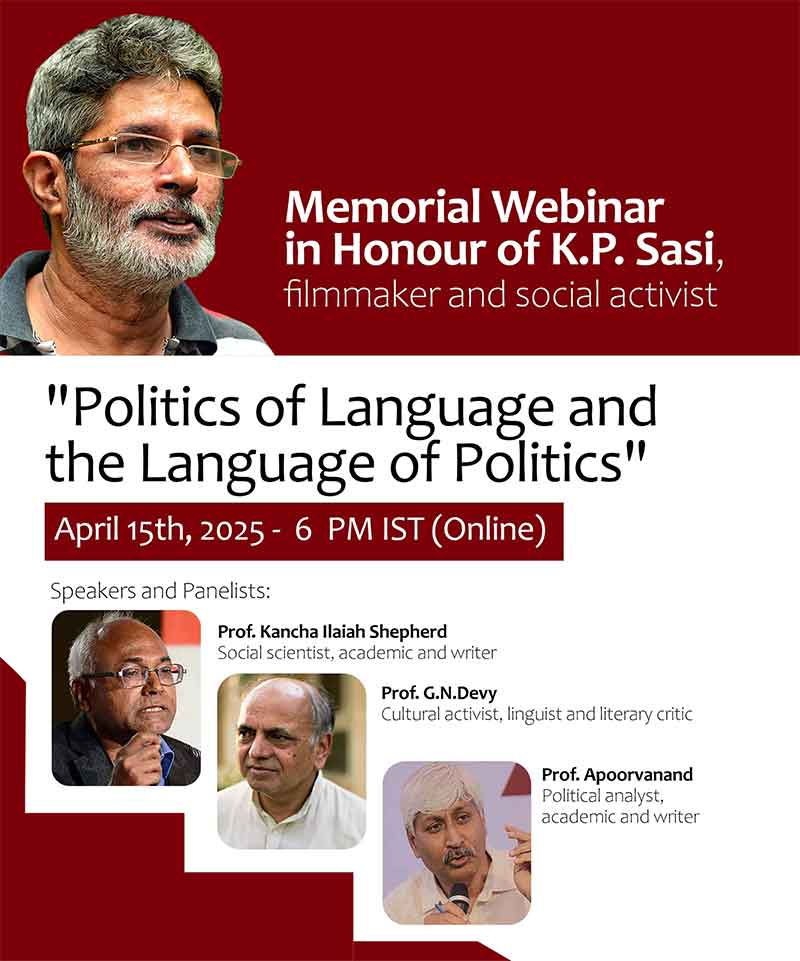
Our eating habits and choice of food are increasingly coming under pressure from the ruling party and its vigilantes, who are turning food into yet another issue of political contest. They are turning kitchens and meals into battlegrounds. BJP-ruled state governments close down meat shops during Hindu festivals, and the saffron brigade invade those shops – whether they are run by Hindu or Muslim butchers. Earlier they targeted beef, and lynched Muslim traders who were found to be transporting infertile cows to go-shalas or butcher shops. Then they demanded ban on all meat products, whether mutton or chicken. Now they are targeting even fish. They recently threatened fish stalls in Chittaranjan Park (a predominantly Bengali locality) in New Delhi. Their grouse was that the they were selling non-vegetarian stuff near a Kali temple. These semi-educated vigilantes of the Sangh Parivar mainly come from the Hindi-Hindu heartland, and are unaware of the fact that fish has been traditionally a staple and favourite food for Bengalis, and continues to satisfy their tastes in the form of various curries. As for their swearing by the name of Kali, they are again unaware of the fact that Bengalis worship the goddess Kali by sacrificing goats and cook their flesh to produce delicious curries for their consumption.
The ruling Sangh Parivar is trying to impose vegetarianism as a uniform diet on all of us. It claims that meat eating violates the tenets of Hinduism. The tenets of Hinduism according to them are derived from Manusmriti, written sometime during the first two centuries AD, by Manu the patriarch who laid down the rules of behavior for Hindus, who continue to swear by his name. He divided Hindu society by clearly defining four castes in a hierarchical order and ordaining them to follow distinct modes of activities and socio-religious functions to keep separate their caste identities. The present advocates of Hindutva who run the Indian state faithfully follow these rules.
Manu’s rules on food consumption
But what did Manu say about eating habits ? Let me quote a few verses from Manusmriti. Listen to this:
“Nan ta dushyanaydanna/ Dhatraiba srishta…hyadhrasya praninottar ebo cha”
(The eater incurs no sin by eating even daily, such animals as eatables, since the eater as well as the eaten animals have been created by the creator himself). Re: verse 5.30
Or take this verse:
“Mangsha bhokkhoyiat-s-mutra/ mangsho mih ihadmyaham” Re: verse 5. 44
(He whose flesh I eat in this life, shall eat my flesh in the next)
Given these rules ordained by their guru Manu, why do the Sangh Parivar vigilantes violate them by banning meat and attacking traders and shops ? In fact, their bosses in the RSS headquarters in Nagpur should warn them against insulting Manu. But then are their leaders like Mohan Bhagwat and others intellectually well-equipped to fully understand the various aspects and nuances of the controversial text Manusmriti ?
Adverse impact of banning non-vegetarian food
The Sangh Parivar’s attempts to ban meat and impose vegetarianism on all, not only adversely impinges on the lives of vast sections of our people , but also violate provisions of the Constituition that guarantees every citizen the right to follow his/her life-style as long as it does not violate laws.
A large segment of our population inhabiting areas outside the Hindi-Hindu heartland of central India (known as the cow-belt) consume mutton and fish, and have invented delicious recipes that have won acclaim from foreign tourists. People of south Indian states, and those living in north-eastern and eastern states like Assam and Bengal, will be denied their fundamental right to choose food according to their tastes, if the state-supported Sangh Parivar vigilantes are allowed to have their way. Even in the western state of Maharashtra, the dalit Mahar community has invented recipes made from ingredients that are looked down upon by the upper caste Maharashtrians. They make a dish from leftovers thrown away by these upper-caste families after their dinners, by fermenting them to invent a new recipe. (Re: Shahu Patole: Dalit Kitchens of Marathwada). As Shahu Patole’s mother Gunabai Malik so rightly said: “Cooking is a game of estimates, jugglery and hypnotism.”
Gourmets, as well as gluttons describe the tasting of food as `Charba, choshya, lehan’. (meaning – chewing, sucking and moving your tongue over the food). The goons of the Sangh Parivar patronized by the Modi government are denying us our right to take part in this fabulous game. They have been trying to control our tongues so that we can’t voice protest. Now they are trying to control our tongues even to prevent us from asserting our right to choice of food.
Sumanta Banerjee is a political commentator and writer, is the author of In The Wake of Naxalbari’ (1980 and 2008); The Parlour and the Streets: Elite and Popular Culture in Nineteenth Century Calcutta (1989) and ‘Memoirs of Roads: Calcutta from Colonial Urbanization to Global Modernization.’ (2016).




